
Words have power—especially when they come from a parent. The things you say to your child shape how they see themselves, how they interact with the world, and even their confidence levels. Sometimes, without realizing it, parents say things that can hurt their child’s emotional well-being. Here are 15 things you should avoid saying to your child.
“Stop crying! It’s not a big deal.”
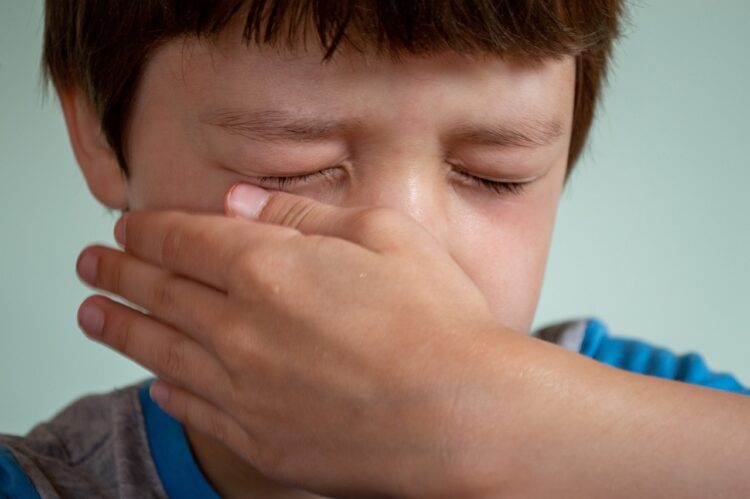
It may not be a big deal to you, but to your child, it might feel like the end of the world. Dismissing their feelings doesn’t make them stronger—it teaches them to bottle up emotions. Over time, they might stop expressing their pain altogether. Instead, try: “I see that you’re upset. Do you want to tell me what’s wrong?” Even if the reason seems silly, listening makes them feel heard.
“Why can’t you be more like your sibling?”
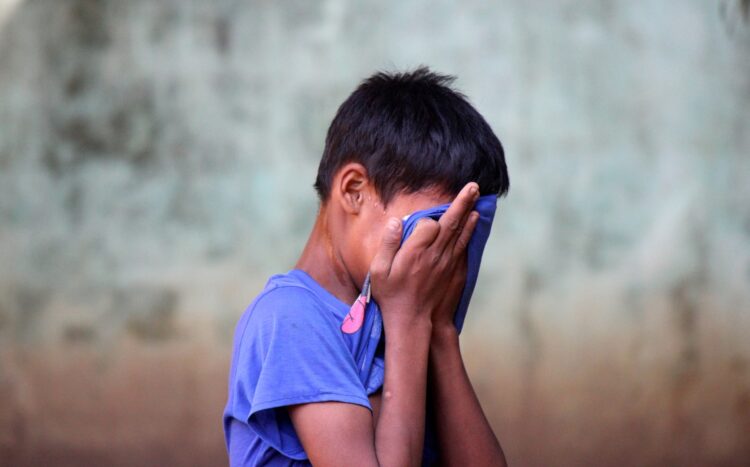
Every child wants to feel unique, not like a runner-up in a competition they never signed up for. Comparing them to a sibling (or anyone else) fosters jealousy and resentment. It’s like telling them, “You’re not enough as you are.” Instead, highlight their strengths: “I love the way you put so much effort into things.” This helps them focus on being their best self, not someone else.
“You’re so lazy!”

Kids aren’t lazy—they’re either unmotivated, tired, or distracted. Labeling them as “lazy” won’t magically make them more productive but will make them believe they’re incapable of doing things on their own. You can ask: “Is theresomething making this task difficult for you?” Maybe they’re overwhelmed, bored, or need your guidance.
“You always mess things up.”
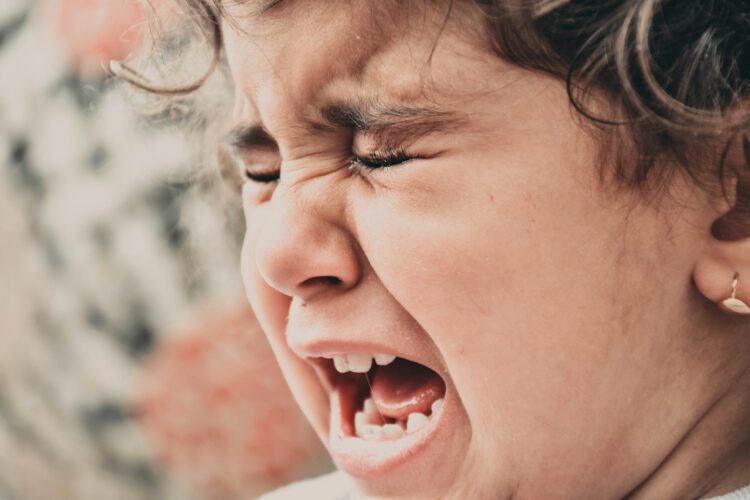
One mistake doesn’t define a child, but if you say things like this, it will make them believe otherwise. The word “always” makes it seem like failure is a part of their identity rather than something they can improve. Instead, shift the focus: “I know that didn’t go as planned, but let’s figure out how to fix it together.” This teaches problem-solving instead of self-doubt.
“I wish you were never born!”
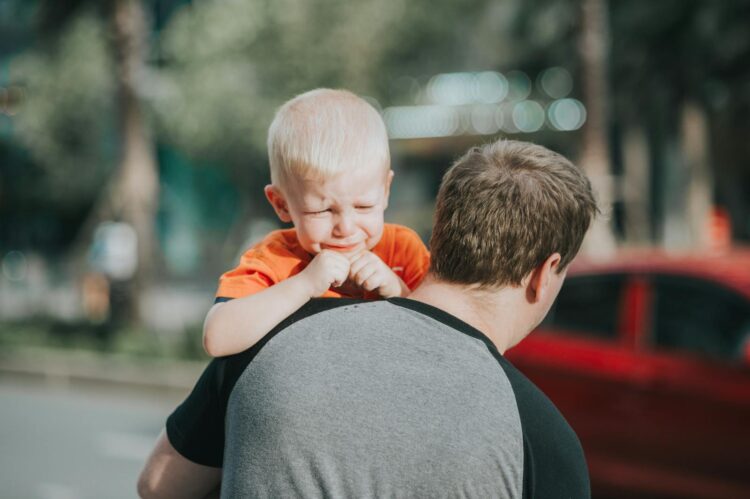
Even if said in anger, this is one of the most damaging things a child can hear. Words like these don’t just hurt—they can leave an emotional scar that lasts a lifetime. You should never, ever say something like that. If you’re overwhelmed, step away, take a deep breath, and calm down before speaking.
“Because I said so!”
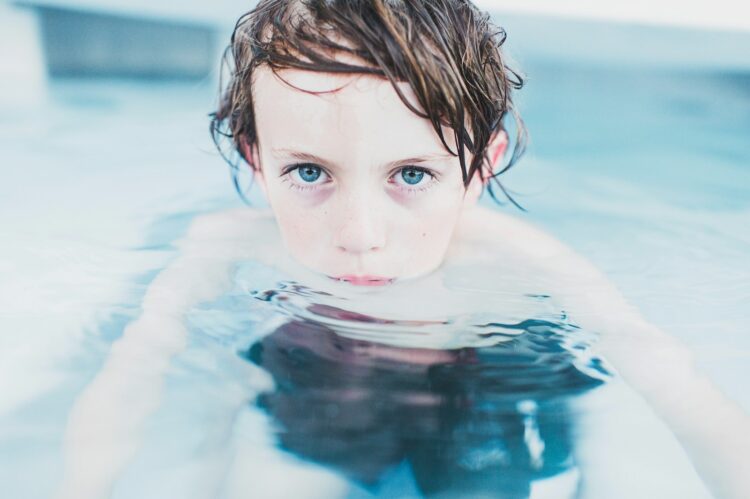
Children are naturally curious, and they learn by asking “why.” Shutting down their questions doesn’t teach respect—it teaches blind obedience. Instead, try: “I need you to listen because this is important for your safety.” Or “Let me explain why this rule exists.” When kids understand the logic behind a rule, they’re more likely to follow it.
“You’re too sensitive.”

Imagine pouring your heart out to someone, only for them to say, “Oh, it’s not a big deal.” It’s awful, and that’s exactlyhow kids feel when their emotions get brushed off by parents. Instead of shutting them down, try saying: “I can see this really upset you. Want to talk about it?” A little acknowledgment goes a long way in helping them know how to handle their emotions instead of bottling them up.
“You should be ashamed of yourself.”

Shame is a powerful emotion, but it’s rarely productive. Instead of teaching kids to do better, it makes them feel like they are bad at their core. Instead of attacking their character, address their behavior: “What you did wasn’t okay, but we can work on making better choices next time.” This keeps the focus on growth, not guilt.
“I’ll never forgive you for this.”

Children make mistakes all the time. Big ones, small ones, and everything in between. Telling them their mistake is unforgivable makes them fear taking risks or owning up to errors in the future. Instead, say: “I’m really hurt, but we’ll get through this together.” This shows them that love isn’t conditional.
“I do everything for you!”
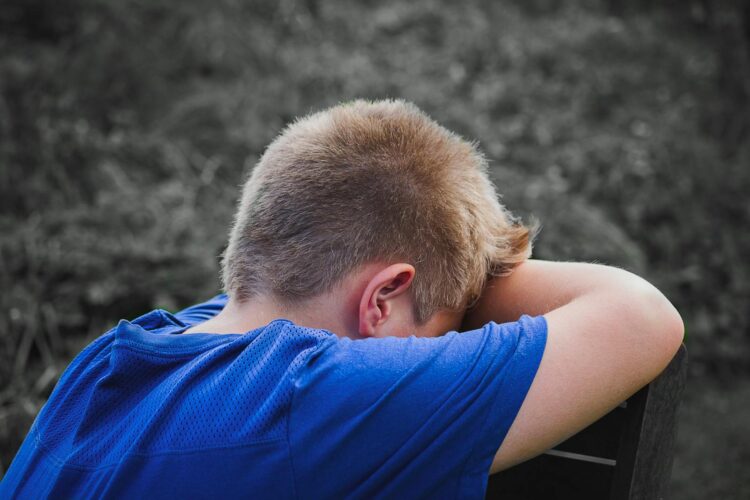
This might be true, but saying it makes kids feel like a burden. It also teaches them guilt instead of gratitude. Rather than making them feel bad, encourage appreciation naturally: “We’re a team. I take care of you, and one day, you’ll do great things, too!” Gratitude grows from love, not guilt.
“You’re too young to understand.”
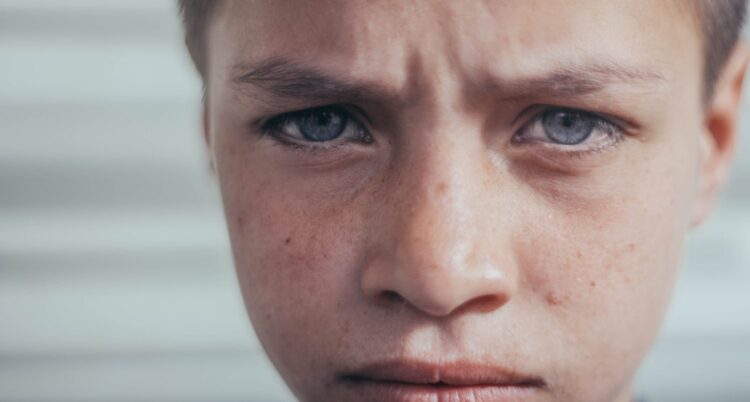
Kids are way smarter than we sometimes give them credit for. Telling them, “You’re too young to get it,” is basically like saying, “Don’t bother asking.” And that’s a great way to kill their curiosity. Instead, try: “That’s a great question! Let me explain it in a way that makes sense for you.” It keeps them interested and makes them feel respected.
“You’ll never be good at that.”

Every skill starts somewhere, and telling a child they “never” will be good at something robs them of the chance to improve. Even if they struggle, effort matters more than talent. Instead, encourage growth: “Everyone struggles at first. If you keep practicing, you’ll get better!” That simple shift can make a big difference.
“Hurry up! You’re so slow!”

Children move at their own pace, and rushing them all the time can make them anxious or frustrated. Instead of criticizing, offer help: “Do you want me to help you so we can finish faster?” If it’s a habit, you can also try making it a game: “Let’s see if we can beat the clock together!”
“I’m on a diet, so I can’t eat that.”

Kids pick up on body image stuff way earlier than we think. If they hear you constantly talking about diets and restrictions, it can mess with their own relationship with food. Instead, try shifting the focus: “I’m choosing foods that make me feel strong and energized.” This way, food becomes something that fuels them, not something to fear or control.
“Big boys/girls don’t get scared.”
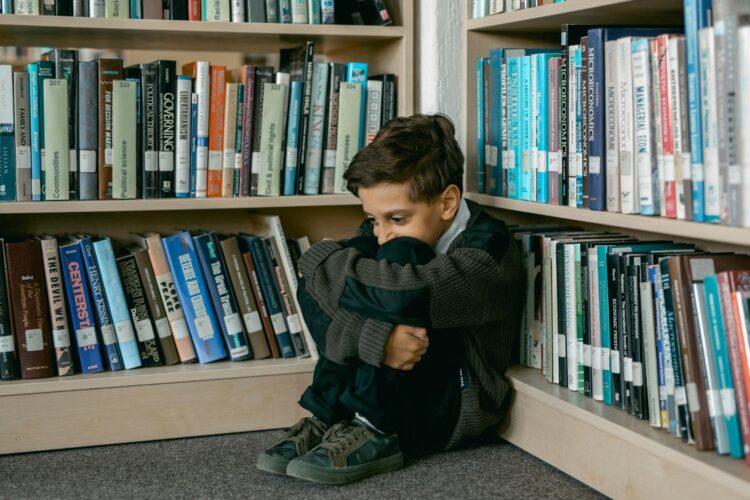
Fear isn’t a weakness—it’s just a normal part of being human. When kids hear things like, “Big kids don’t get scared,”they feel ashamed of their own fears. Instead, try: “It’s totally okay to feel scared. Even adults get scared sometimes. Want to talk about what’s bothering you?” This helps them see that courage doesn’t mean never being afraid. Instead, it means facing those fears head-on.

